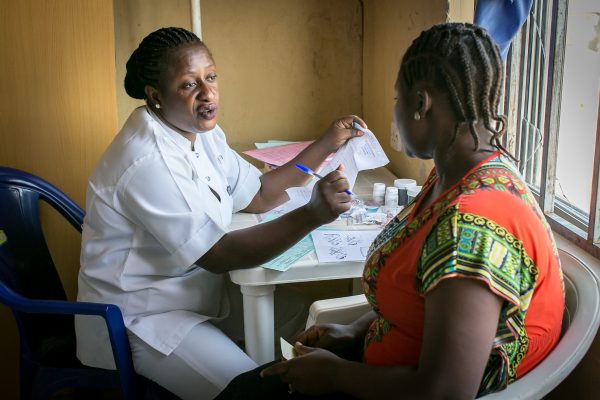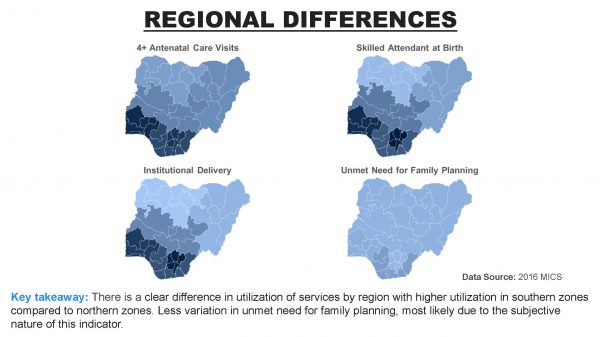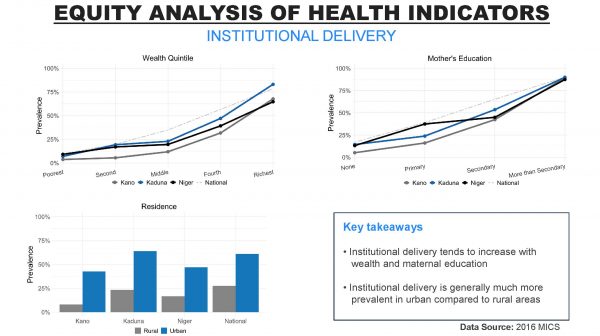- June 2025 (1)
- August 2024 (1)
- July 2024 (1)
- May 2024 (1)
- March 2024 (1)
- February 2024 (1)
- January 2024 (2)
- December 2023 (2)
- November 2023 (1)
- October 2023 (2)
- August 2023 (1)
- May 2023 (1)
- February 2023 (1)
- January 2023 (2)
- October 2022 (1)
- September 2022 (2)
- June 2022 (3)
- May 2022 (1)
- March 2022 (1)
- December 2021 (1)
- October 2021 (1)
- September 2021 (2)
- July 2021 (1)
- June 2021 (5)
- March 2021 (1)
- January 2021 (1)
- December 2020 (1)
- October 2020 (2)
- July 2020 (1)
- June 2020 (2)
- April 2020 (2)
- March 2020 (2)
- January 2020 (1)
- December 2019 (1)
- November 2019 (1)
- October 2019 (1)
- September 2019 (2)
- August 2019 (1)
- July 2019 (1)
- June 2019 (2)
- May 2019 (1)
- April 2019 (2)
- March 2019 (1)
- December 2018 (1)
- November 2018 (1)
- October 2018 (3)
- September 2018 (1)
- July 2018 (2)
- June 2018 (1)
- May 2018 (3)
- April 2018 (3)
- February 2018 (1)
- November 2017 (3)
- October 2017 (1)
- May 2017 (3)
- April 2017 (3)
- March 2017 (1)
- February 2017 (1)
- January 2017 (1)
- September 2016 (2)
- August 2016 (1)
- June 2016 (2)
- May 2016 (2)
- April 2016 (2)
- March 2016 (2)
- February 2016 (2)
- January 2016 (1)
- September 2015 (2)
- August 2015 (1)
- May 2015 (2)
- December 2014 (3)
- October 2014 (1)
- July 2013 (1)
START Center
START RESEARCHERS EXAMINE THE IMPACT OF VULNERABILITIES, SOCIAL CONSTRAINTS, AND ACCESS TO PUBLIC AND PRIVATE HEALTH FACILITIES ON THE UTILIZATION OF MNCH SERVICES IN NIGERIA

The Maternal, Newborn, and Child Health (MNCH) team and the Nigeria Country Office (NCO) at the Bill and Melinda Gates Foundation (BMGF) is focused on reducing maternal and child morbidity and mortality in Nigeria. To effectively achieve these goals, it is important to understand what drives demand and utilization of MNCH services. The BMGF approached the START Center to create health profiles for ten selected Nigerian states, collating data on ten selected MNCH health indicators from national surveys. In addition, the START team was asked to explore published literature that might help explain differences in health indicators between states, as well as what drives demand and utilization of MNCH services. Specifically, the team was asked to look at how vulnerabilities such as gender roles, religious affiliations, cultural norms, other social constraints such as abuse and disrespect or quality of care in health care settings, and variation between private and public health care systems impacted demand and utilization.

Through the collation of health indicator data, the START team ascertained that utilization of MNCH services tended to increase with increasing wealth or education. While most profiled states showed improvement in health indicators over the past 12 years, most were still below the national average. Details of each state were presented in one-page briefs. The literature review revealed that gender roles – particularly related to men’s power in health and financial decisions – and cultural norms that do not value antenatal care are two of the primary reasons for low demand and utilization of MNCH services; however, conclusions varied widely by region, making generalizing difficult. More details on each of the three topic areas were presented in the final report and presentation.

You may find the final presentation for this project here and the Nigerian State Profile Briefs here.
Did you enjoy this aricle? Share it Facebook Google+ LinkedIn Twitter